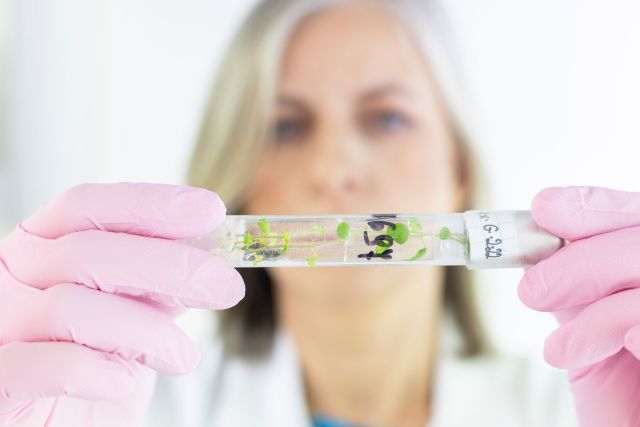Principal Investigator
:
Prof. Dr hab. Jadwiga Śliwka
Plant Breeding and Acclimatization Institute – National Research Institute
Panel: NZ9
Funding scheme
: GRIEG
announced on
17 June 2019
The main objective of the DivGene project is to widen our knowledge on plant diseases and the factors influencing resistance or susceptibility to pathogens. The research object is potato, the fourth most important cultivated plant in the world, and its most important disease, economically, potato late blight. This is a disease which attacks potatoes and tomatoes wherever they are grown and which in suitable conditions, at high humidity and moderate temperature, can cause yield losses up to 100%. There is a lack of potato cultivars resistant to late blight that could minimise chemical protection of the plantations. One of the reasons for this lack is the fast evolution of the pathogen that causes late blight. It is a fungus-like organism which spread around the world from America, following the potato. Its strong adaptation potential means that soon after the introduction of a new variety of resistant potato, new pathogen strains appear and spread, able to overcome the resistance and successfully infect the new cultivar.
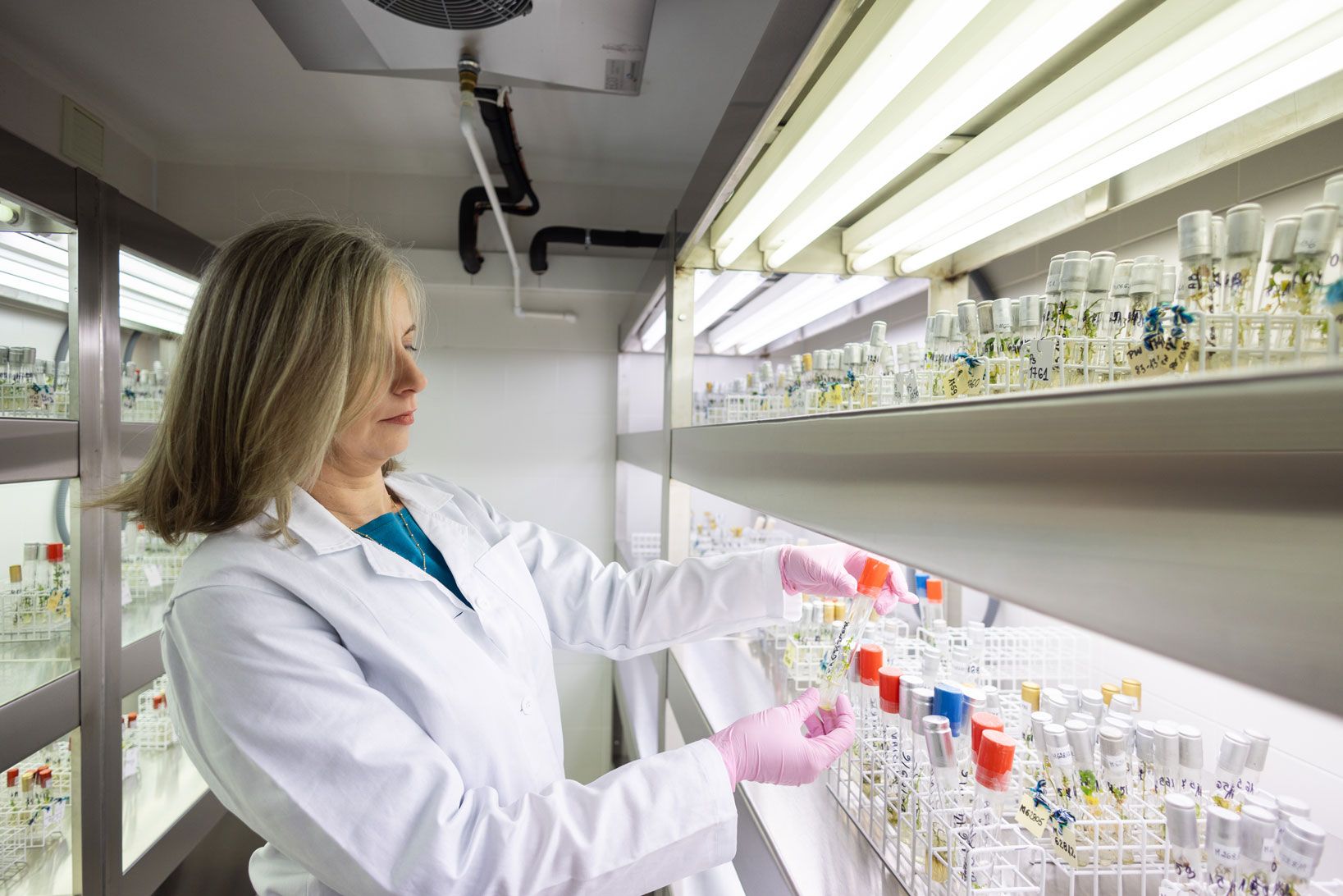 Prof. Jadwiga Śliwka, photo by Michał Łepecki
Recently, DNA sequences of ca. 20 major resistance genes against potato late blight have been elucidated and ca. 60 of such genes have been identified and mapped in potato and its wild relatives. However, we do not know which of the known resistance genes are present in the currently grown cultivars, especially since the resistance of many of them has been overcome. The first specific objective of the DivGene project is diagnosing the presence of several late blight resistance genes and analysis of their diversity in potato cultivars grown in Poland and Norway. The products of resistance genes work as alarm switches that recognise the pathogen’s proteins and start defensive reactions that result in resistance. We know of only 10 cases in which late blight proteins are recognised by the potato resistance proteins. They all belong to the family of effectors with a characteristic RxLR motive. A second project objective is diversity analysis of the genes encoding late blight effectors in the populations of the pathogen in Poland and Norway. These two goals are being achieved with the use of a high throughput next generation sequencing method and a technique that allows for selective sequencing of the genes of interest (AmpSeq). This approach allows us to obtain data on the diversity of the genes crucial for the interaction between potato and late blight in a population scale that was impossible hitherto. A significant advantage of the Polish-Norwegian cooperation within the project is that we obtain data from two different environments, which is used for stronger verification of the hypothesis that the diversity of plant resistance genes and the genes encoding pathogen’s effectors shape the co-evolution of the plant-microbe pathosystem.
Prof. Jadwiga Śliwka, photo by Michał Łepecki
Recently, DNA sequences of ca. 20 major resistance genes against potato late blight have been elucidated and ca. 60 of such genes have been identified and mapped in potato and its wild relatives. However, we do not know which of the known resistance genes are present in the currently grown cultivars, especially since the resistance of many of them has been overcome. The first specific objective of the DivGene project is diagnosing the presence of several late blight resistance genes and analysis of their diversity in potato cultivars grown in Poland and Norway. The products of resistance genes work as alarm switches that recognise the pathogen’s proteins and start defensive reactions that result in resistance. We know of only 10 cases in which late blight proteins are recognised by the potato resistance proteins. They all belong to the family of effectors with a characteristic RxLR motive. A second project objective is diversity analysis of the genes encoding late blight effectors in the populations of the pathogen in Poland and Norway. These two goals are being achieved with the use of a high throughput next generation sequencing method and a technique that allows for selective sequencing of the genes of interest (AmpSeq). This approach allows us to obtain data on the diversity of the genes crucial for the interaction between potato and late blight in a population scale that was impossible hitherto. A significant advantage of the Polish-Norwegian cooperation within the project is that we obtain data from two different environments, which is used for stronger verification of the hypothesis that the diversity of plant resistance genes and the genes encoding pathogen’s effectors shape the co-evolution of the plant-microbe pathosystem.
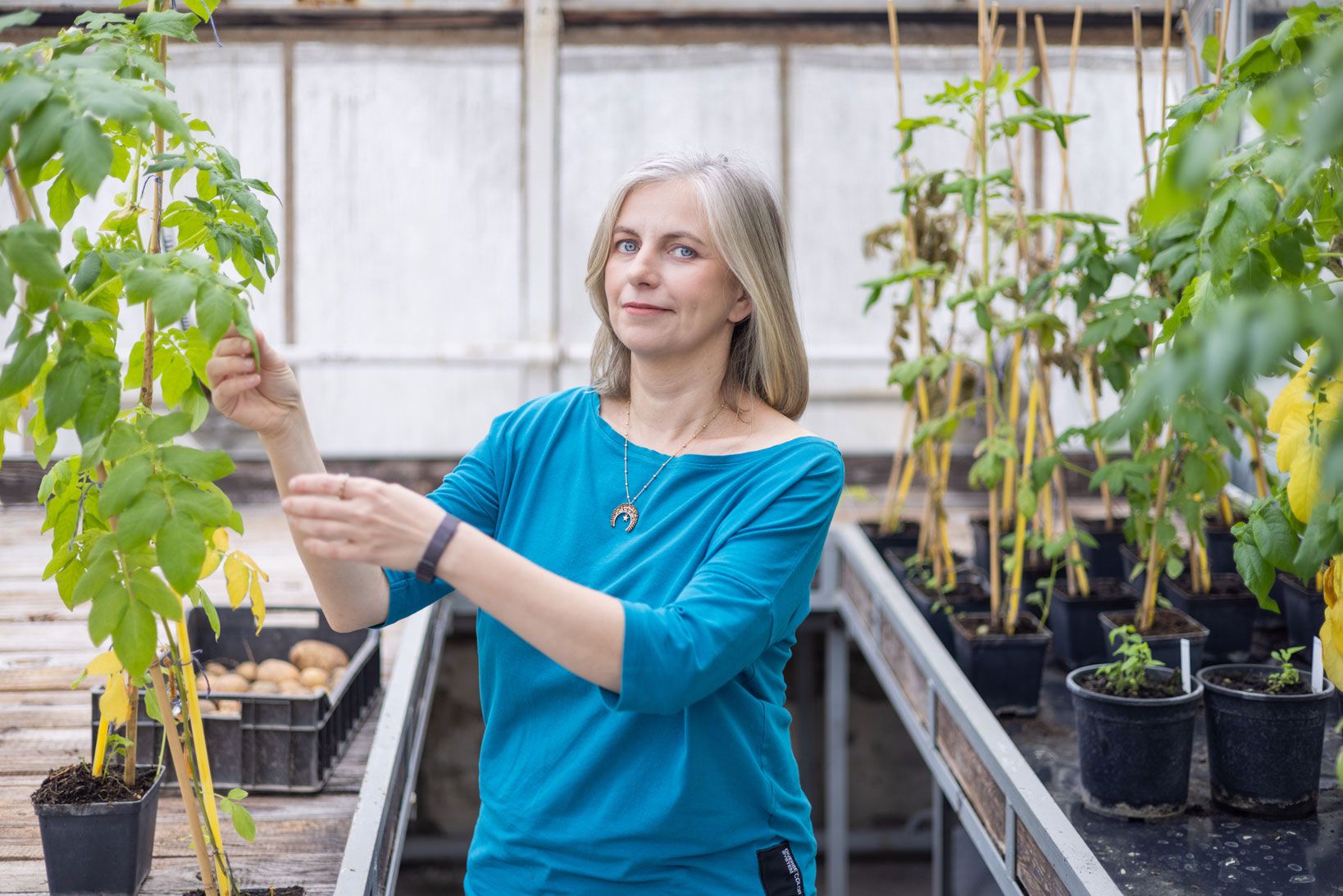 Prof. Jadwiga Śliwka, photo by Michał Łepecki
Phenotypic validations of the results of the 1) potato and 2) pathogen gene diversity analyses, based on the AmpSeq method, are the next two objectives of the DivGene project. In phytopathological tests, using plants differing by their resistance gene contents and pathogen isolates with defined abilities to cause disease, we confirm both the virulence of the investigated pathogen isolates with different effector variants, and the resistance of potato cultivars with different variants of the resistance genes. We also measure the expression of the studied genes during the disease development to confirm their actual involvement in the interaction.
Prof. Jadwiga Śliwka, photo by Michał Łepecki
Phenotypic validations of the results of the 1) potato and 2) pathogen gene diversity analyses, based on the AmpSeq method, are the next two objectives of the DivGene project. In phytopathological tests, using plants differing by their resistance gene contents and pathogen isolates with defined abilities to cause disease, we confirm both the virulence of the investigated pathogen isolates with different effector variants, and the resistance of potato cultivars with different variants of the resistance genes. We also measure the expression of the studied genes during the disease development to confirm their actual involvement in the interaction.
The expected effect of the project is new knowledge on plant-pathogen interactions and the most important genes involved in it, illustrated by the model example of the potato-late blight pathosystem. This knowledge will help us to answer such questions as: why the plant’s resistance is not durable, whether the durability of resistance conferred by different genes can also be different, what shapes the late blight pathogen populations and why some strains started to dominate them in Poland and Norway. Better understanding of the interactions between plants and pathogens can in future be exploited in practical plant breeding and in improvement of disease control methods, which will help to reduce pesticide usage and the negative impact of the agriculture on the natural environment.
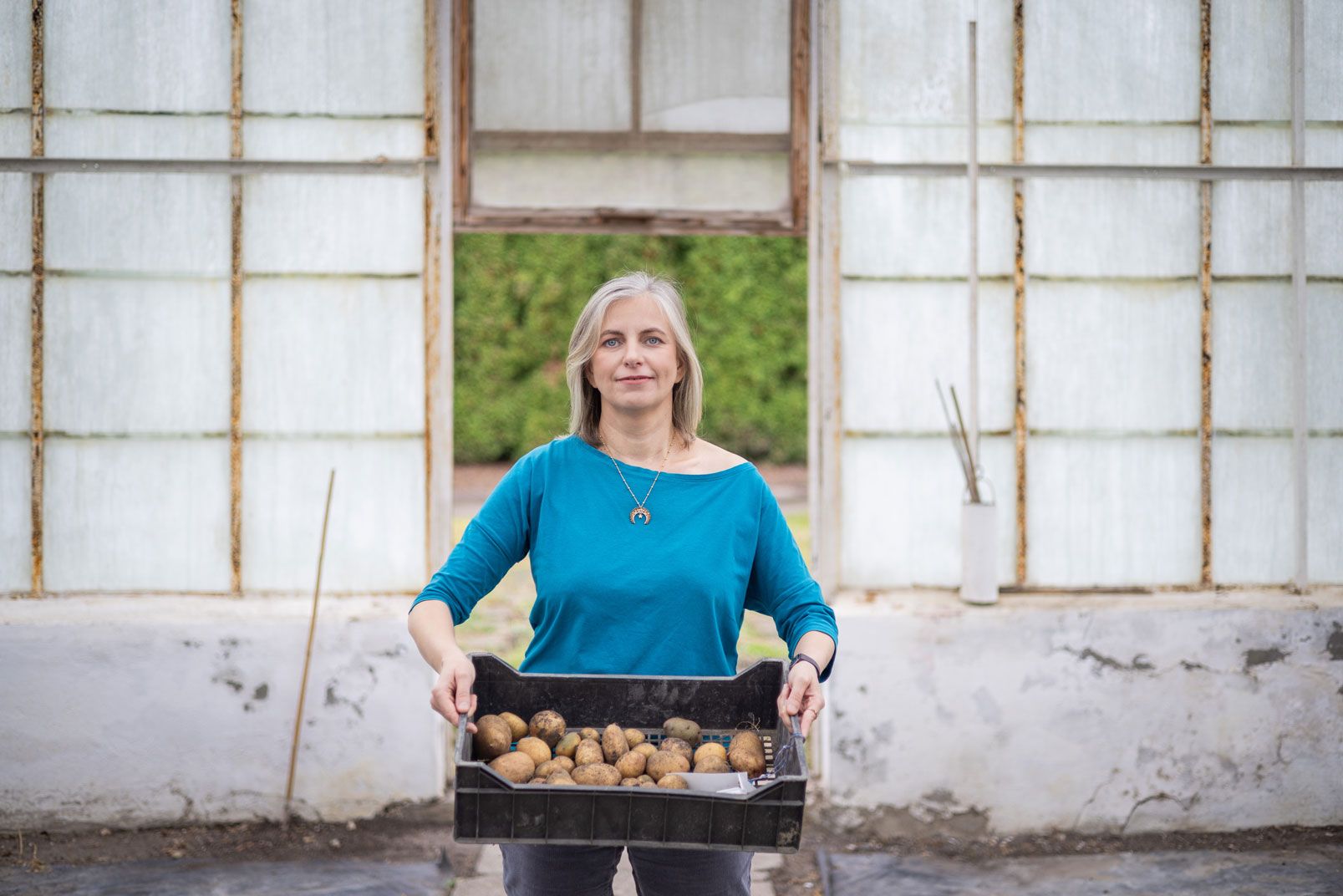 Prof. Jadwiga Śliwka, photo by Michał Łepecki
Prof. Jadwiga Śliwka, photo by Michał Łepecki
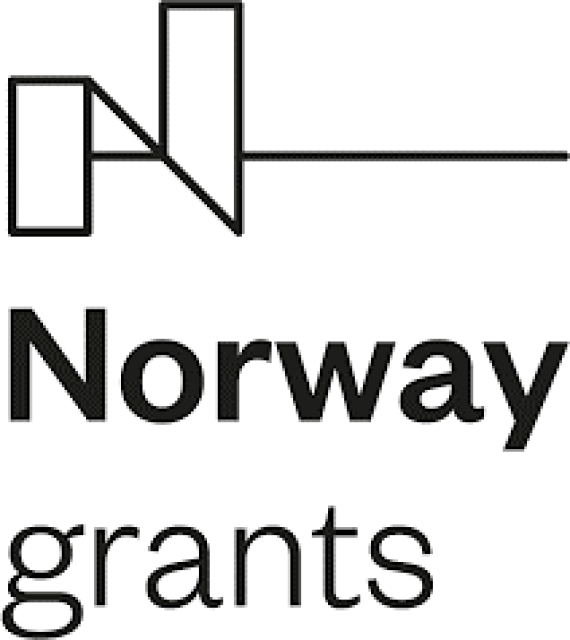
Project title: Diversity analyses of key genes involved in interaction between potato and Phytophthora infestans
Prof. Dr hab. Jadwiga Śliwka
A graduate of Jagiellonian University. Doctoral degree and habilitation at IHAR-PIB, in the agricultural sciences. She worked in Planck-Institut für Züchtungsforschung in Germany, at the Wageningen University in Netherlands and in The Sainsbury Laboratory in Great Britain. Awarded with Polish Prime Minister’s Award for her PhD thesis and scholarship START from the Foundation for Polish Science. Research interests: potato genetics, search for genes and quantitative trait loci conferring potato’s resistance to diseases. Interested as well in potato pathogens and wild relatives. In 2017-2022 she was a president of the European Association for Potato Research.


